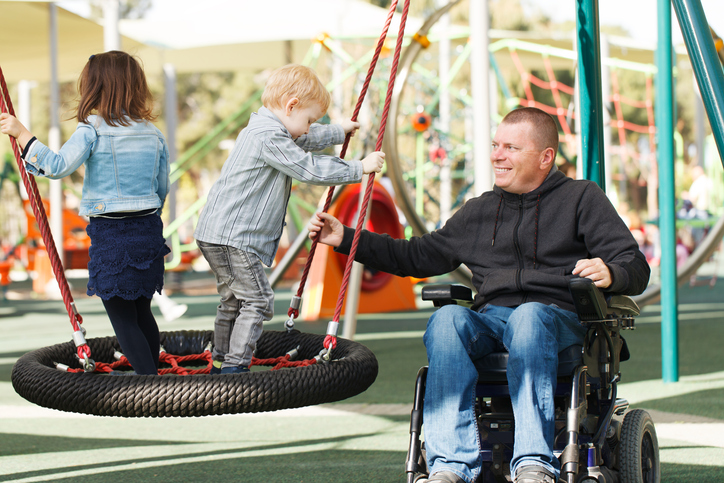Living with Chronic Pain
How to Help Teens Transition to Adulthood With Medical Care

Transitioning from a teen to an adult is challenging, especially when dealing with medical care. It is difficult for caregivers to find a balance between offering guidance and supporting independence. In a recent study, 41 percent of youth, ages 14-24, reported that they wanted to be more involved in their health care.
It is recommended to slowly begin transitioning a child into taking care of their own health needs around age 12. This allows the child to become more confident in making decisions and managing their own medical needs.
Responsibility
The appropriate amount of health care responsibility for a teen is dependent upon their age. Beginning at age 12 to 13, it may be beneficial to do the following:
- Discuss medications together, including any medicine allergies. Make sure they know what they take and the reason for taking it.
- If they take medications, have allergies to any medicines, or have a complex medical condition, a Medical Alert Type ID is recommended. This helps to ensure that teachers, school nurses, bystanders, first responders, and hospital staff are well-informed in case of an emergency.
- Review their health records together. Show them where these records are kept.
- Make sure they are aware of medical conditions that they have. They should be able to summarize this on their own.
- Have them participate when ordering medical equipment and supplies. They should also help with renewing prescriptions and making appointments.
- Offer to step out of the room for a few minutes during appointments. This provides time for them to ask and answer questions. It is also beneficial to help them make a list of questions and suggest they write down answers.
- Discuss how the use of drugs and alcohol can negatively impact their well-being.
At around age 14, a caregiver can help with the following:
- Show them how to fill and refill a prescription.
- Give them the contact information for current and previous health care providers.
- Encourage them to check themselves in at appointments.
- Make sure they have an up-to-date list of their current medications and dosages.
- Talk to them about family medical history, such as any conditions that run in the family, mental health issues, risk of addiction, etc.
- Ensure that they know what to do in case of an emergency. They also need to know the symptoms of any chronic conditions they may have.
- Encourage them to ask and answer questions during their appointments.
When a teen gets close to age 18, a caregiver is recommended to do the following:
- Make sure they are set up on their provider’s patient portal, if applicable.
- Talk to them about options for a new primary care provider. Being involved in this decision helps them develop their own relationship with the provider.
- Make sure they understand the process of obtaining a referral.
- Ensure they know how to access their health information and how to include caregivers with a release of information, if they choose to.
- Explain how their health insurance works. This should include coverage and how to get in touch with the insurance customer service. Make sure they know when their coverage will expire and how to get new coverage.
MBDDs
Teens who have chronic conditions or disabilities should be included in the management of their condition. Specifically, those who have mental, behavioral, or developmental disorders (MBDDs) tend to not receive the same transitional support from their providers and caregivers. This puts them at an increased risk for gaps in treatment. It is important to remember that while individuals with MBDDs may need extra support at times, the majority are able to make this transition with necessary adjustments.
Additional sources: American Academy of Pediatrics and Children’s Hospital of Orange County


















